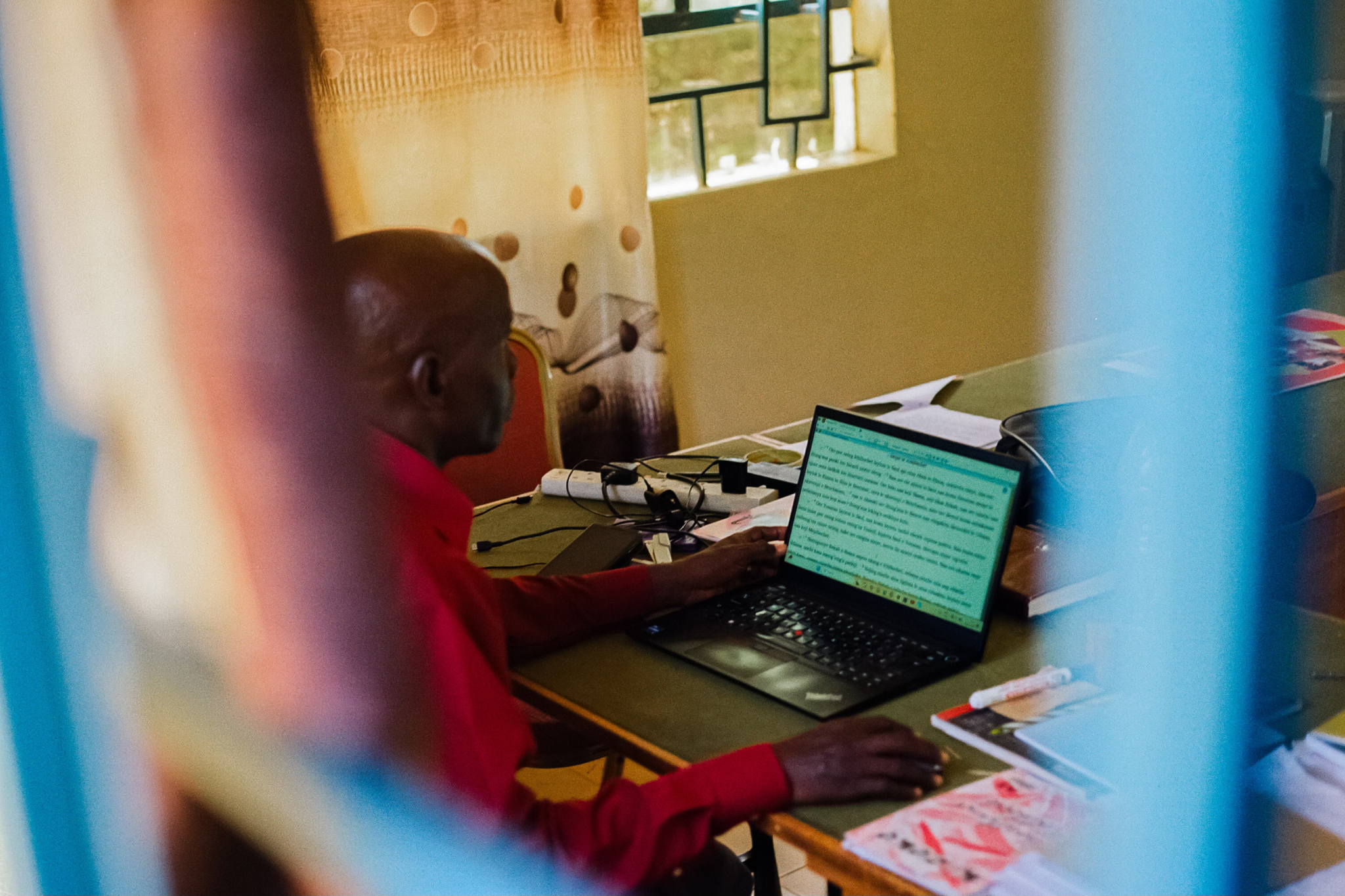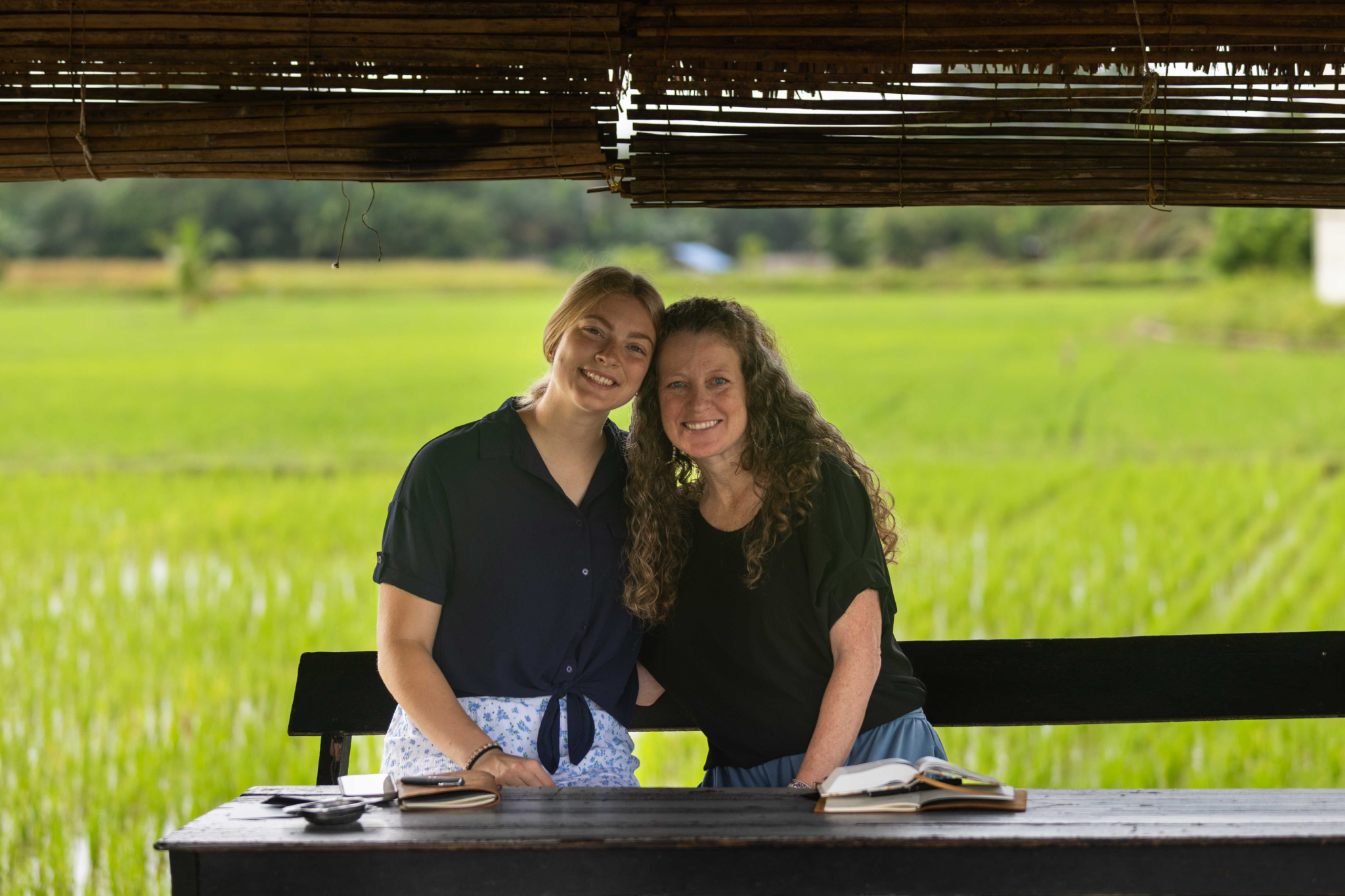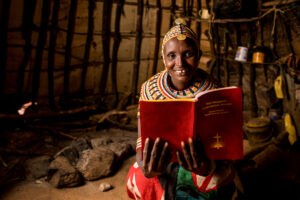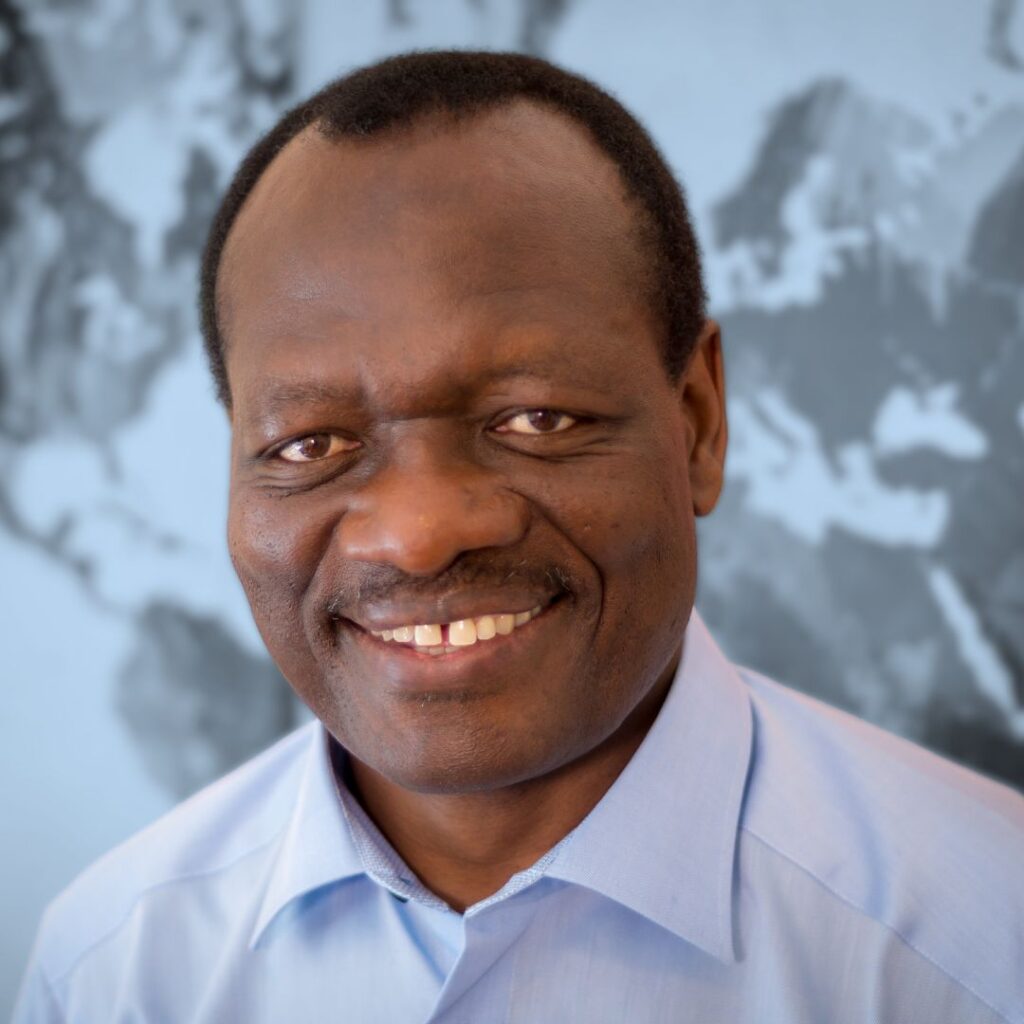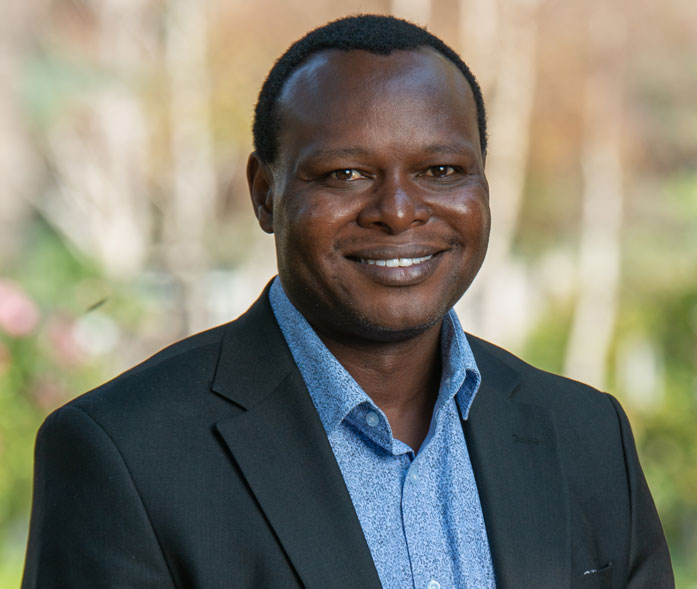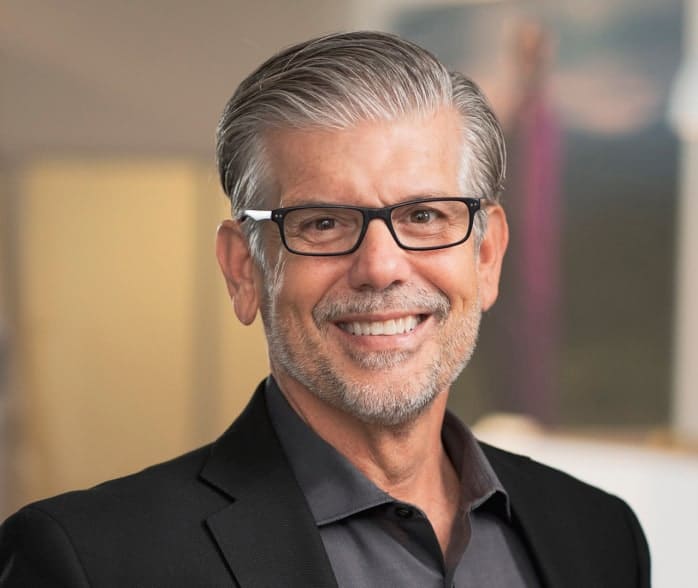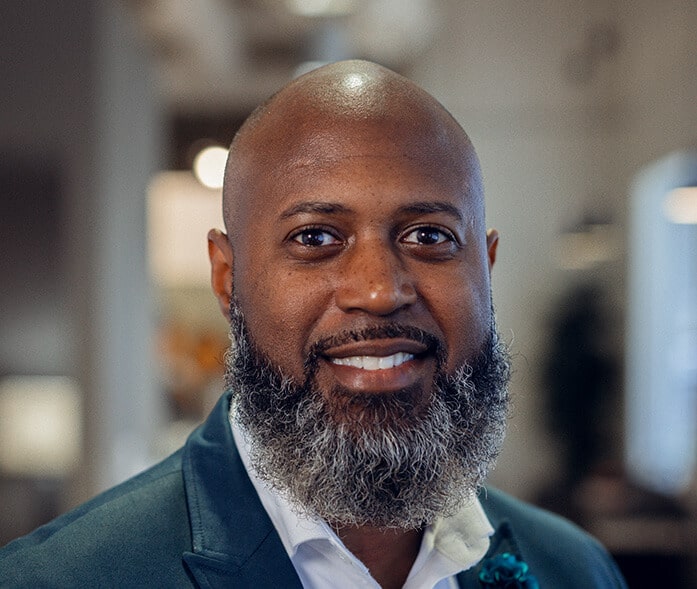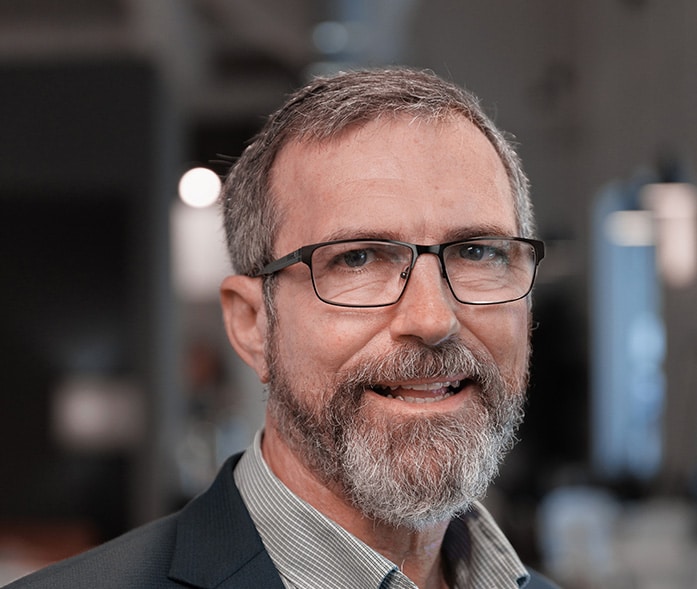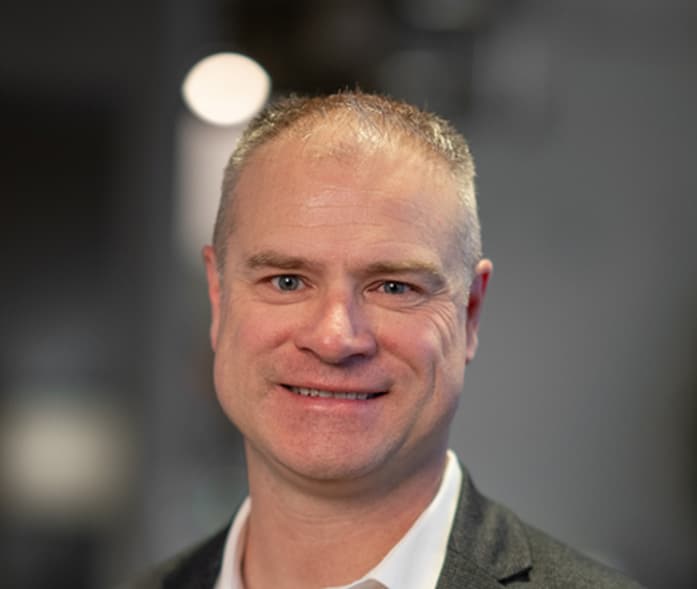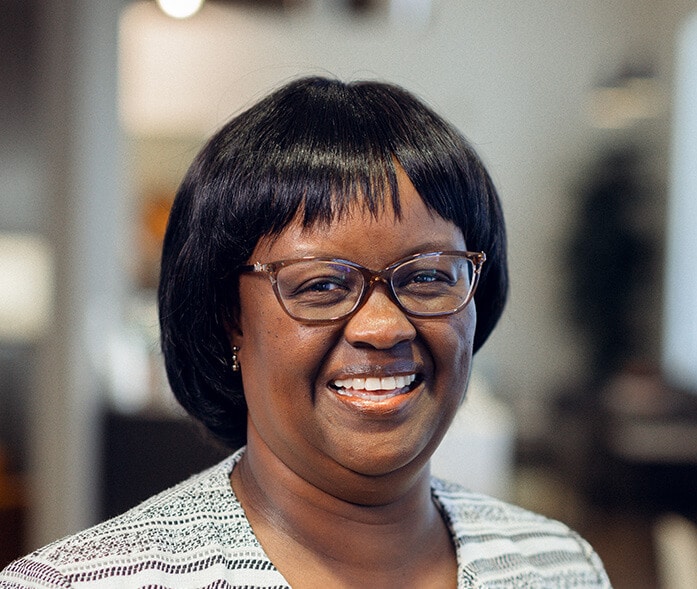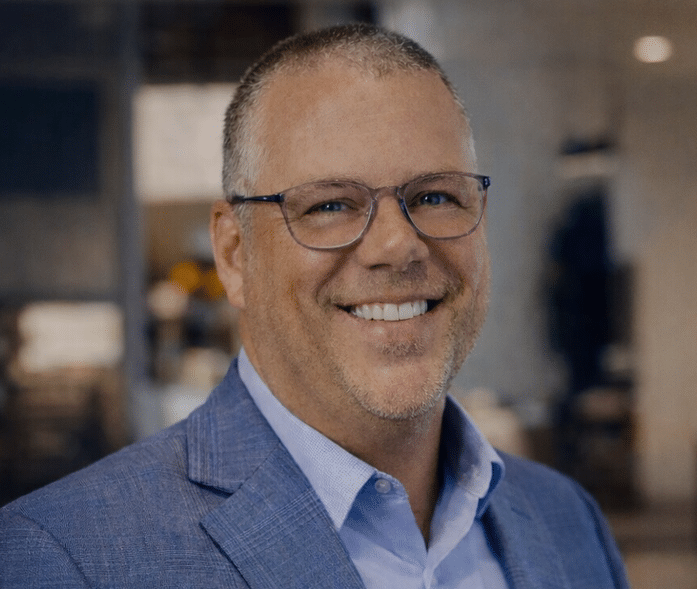Discover how one man narrowly escaped slavery and transformed the face of missions in Africa.
You know Martin Luther King Jr., Rosa Parks, and Frederick Douglass. But have you heard of Reverend Dr. Samuel Ajayi Crowther?
Although many people today don’t know who he was, Dr. Crowther deserves to be remembered as a leader in the church and Bible translation movement. In honor of Black History Month, join us as we reflect on his incredible life and legacy.
Early Life, Capture, and Conversion
Before he was known as Reverend Dr. Samuel Ajayi Crowther, his name was simply “Ajayi.” Ajayi grew up in Osogun, West Africa, among the Yoruba people. In his early teens, he was captured by raiders and soon found himself crammed aboard a Portuguese ship alongside other African slaves bound for the New World.
But the ship never made it. A British warship patrolling the West African coast attacked the Portuguese ship in an attempt to stop the slave traders. A bloody duel ensued, and only 87 of the 189 enslaved passengers survived. Ajayi was among them.
After the slave ship’s destruction, British soldiers sent Ajayi to Sierra Leone. While there, he attended a school run by the Church Mission Society. After learning English and beginning to study the Scriptures, Ajayi became a Christian and took the name “Samuel” at his baptism in 1825.
Education and Growing Leadership
Two years later, Crowther was enrolled as the first student of the newly established Fourah Bay College in Sierra Leone. He excelled there and threw himself into the study of Greek and Latin. His interest in language also led him to study West African languages like Temne, the main language spoken in Sierra Leone. Missionaries in the Church Mission Society began turning to Crowther for help studying African languages.
In 1841, Crowther joined them on what was called “the Niger Expedition,” an attempt to spread the gospel and forge treaties with people groups in modern-day Nigeria. The Niger Expedition was largely unsuccessful; most of the Europeans involved contracted malaria and died. But it was a turning point in the Church Mission Society’s strategy. They finally realized that Africa would not be easily reached unless its own people did the work.
“The ‘Sword of the Spirit,’ placed in the hands of the congregations, in their own tongue, will do more to convince and convert them than all our preaching, teaching, and meetings of so many years put together.”
— Samuel Ajayi Crowther
Champion of His People
In 1843, Crowther was ordained as a priest and selected for a Church Mission Society expedition in his homeland, modern-day Nigeria. He successfully opened a mission along the Niger River that was led entirely by Africans from Sierra Leone. During that time, he compiled a dictionary in his heart language of Yoruba and began translating the Bible for his people. He published a grammar book for Yoruba and a translation of the Anglican Book of Common Prayer.
While the full Yoruba Bible would not be completed until 1884, Crowther also aided other translation projects. In 1846, he helped launch a mission in Abeokuta, also in his home country. In the 1850s, he helped publish language primers in Igbo and Nupe. Local and foreign leaders saw Crowther’s work for what it was: a groundbreaking approach to indigenous-led Bible translation that helped affirm the power of local communities.
In 1864, 23 years after the failed Niger Expedition, Crowther was appointed as the Bishop of the United Church of England and Ireland in Western Africa. This appointment made Crowther the first-ever African bishop in the Anglican Church. He also received an honorary doctorate in divinity from Oxford University. Praise God! A life that began in slavery was transformed into a life of leadership for God’s kingdom.
Faithful to the End
Tragically, the late 1800s proved to be a time of regression. While some of Crowther’s early life seemed to suggest a cultural shift away from racism and bigotry, that’s not how his story ends.
As European colonizing powers participated in the Berlin Conference and the Scramble for Africa, Anglican church leaders stripped the African missions of their independence.
The proven success of training African missionaries to reach African people seemed to mean very little. By 1890, Crowther had been pushed out of the mission he had faithfully led for decades. He died only a year later and was replaced by a British bishop.
According to Wycliffe Bible Translators, the next nine decades of translation work in Nigeria would see less progress than the previous three had under Crowther’s leadership. Nonetheless, God is faithful, and he’d see to it that his purposes—his greater story—would be fulfilled.
The Legacy of Samuel Ajayi Crowther
In the last 50 years, churches and organizations worldwide have rediscovered the importance of mother tongue Bible translation. At Seed Company, we strive to uphold the principles of local ownership in Bible translation that Crowther helped pioneer.
Thanks to partners like you, Reverend Dr. Samuel Ajayi Crowther’s legacy lives on.

